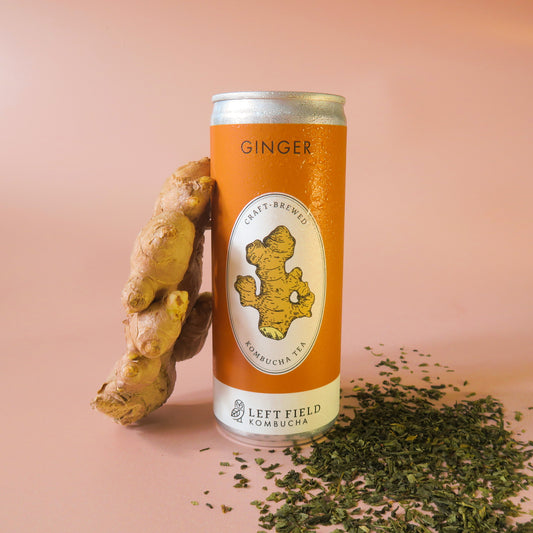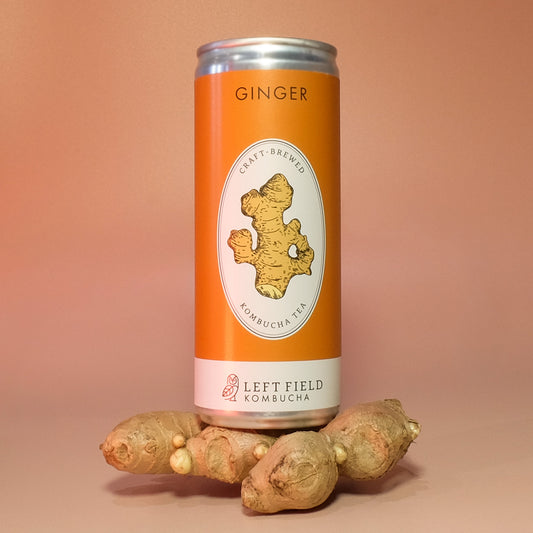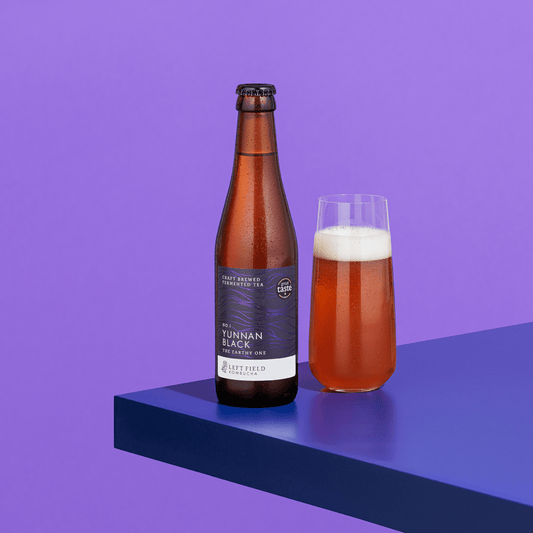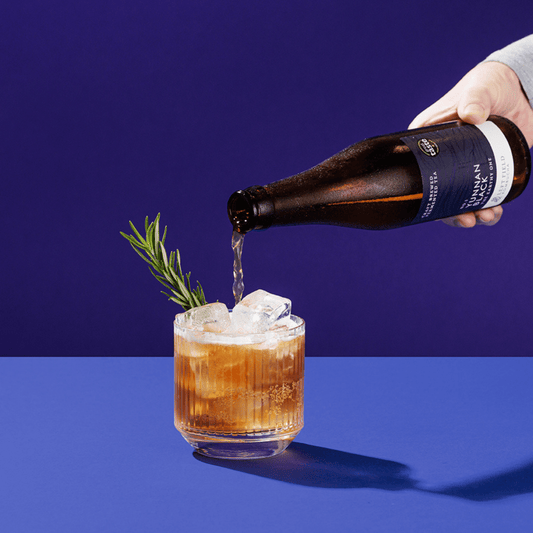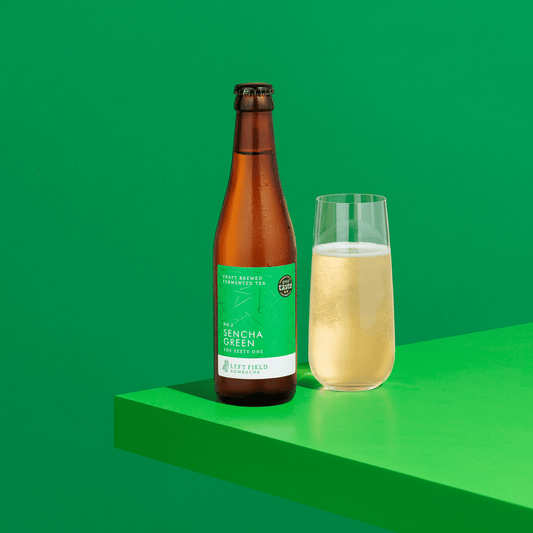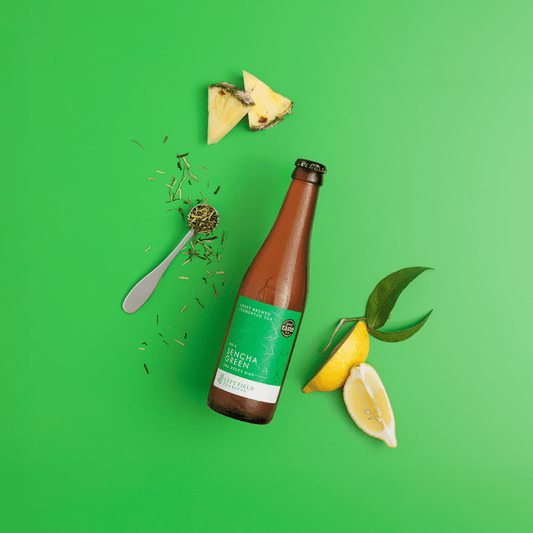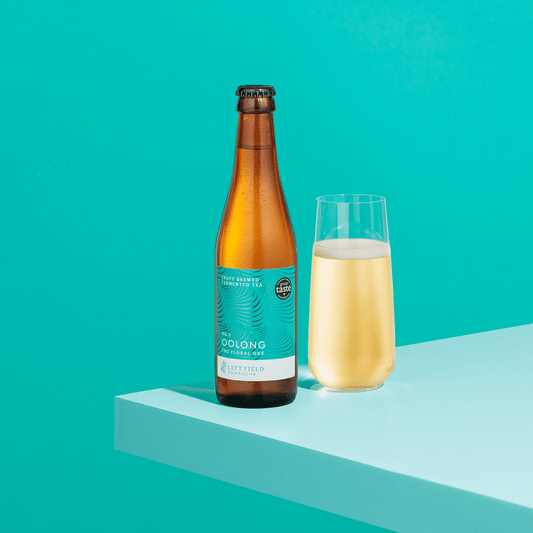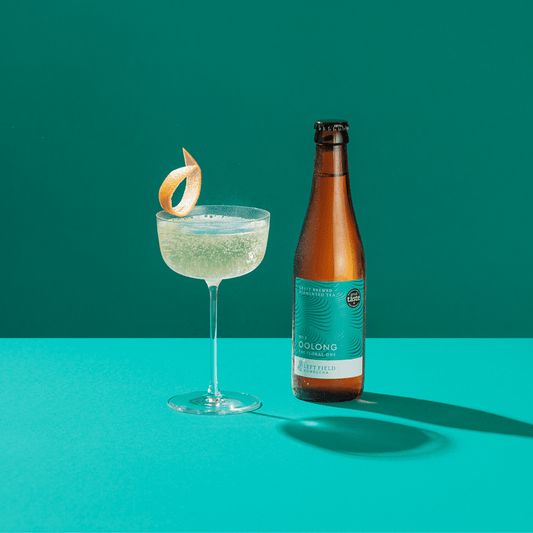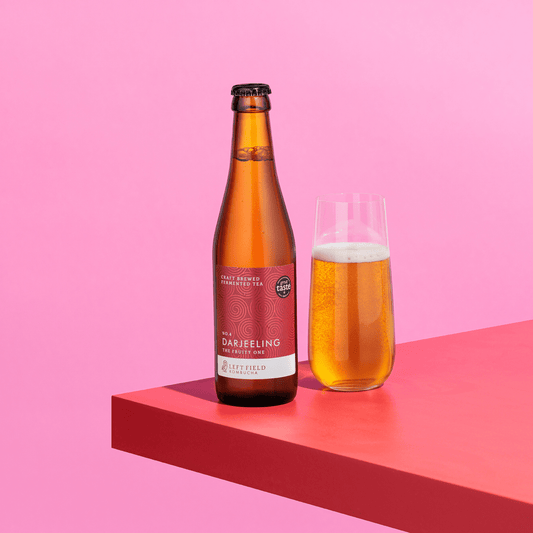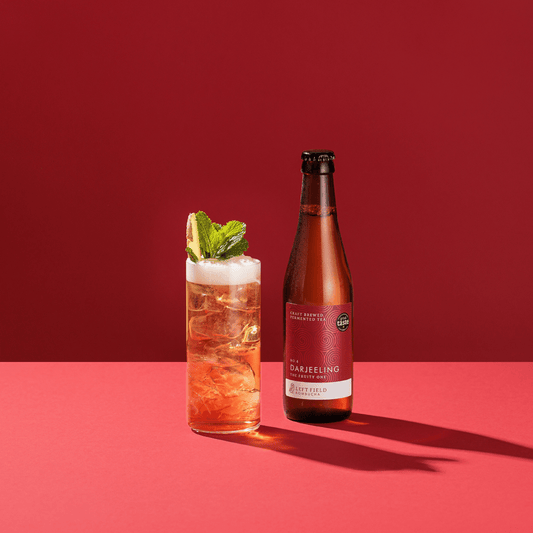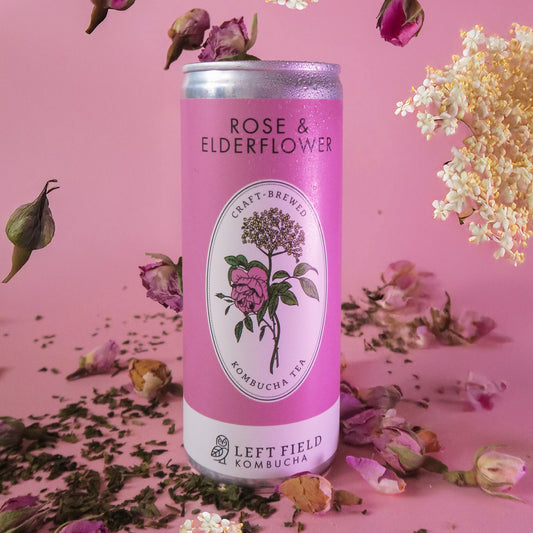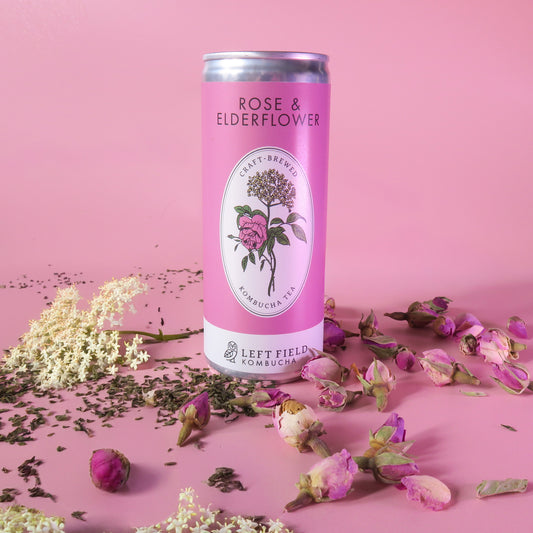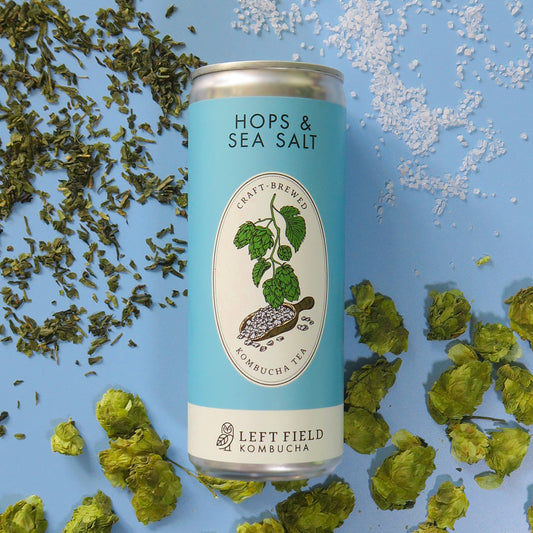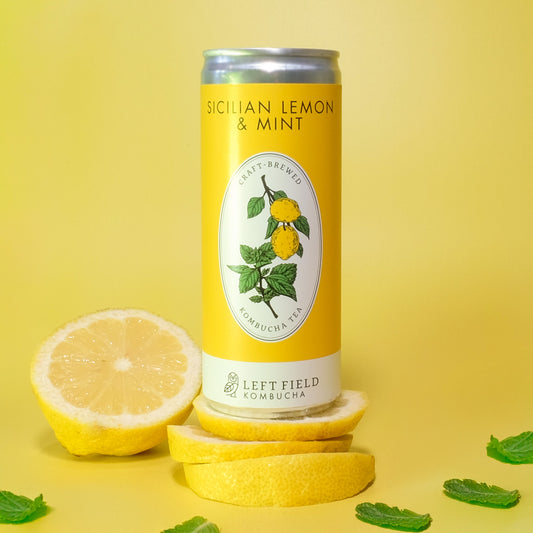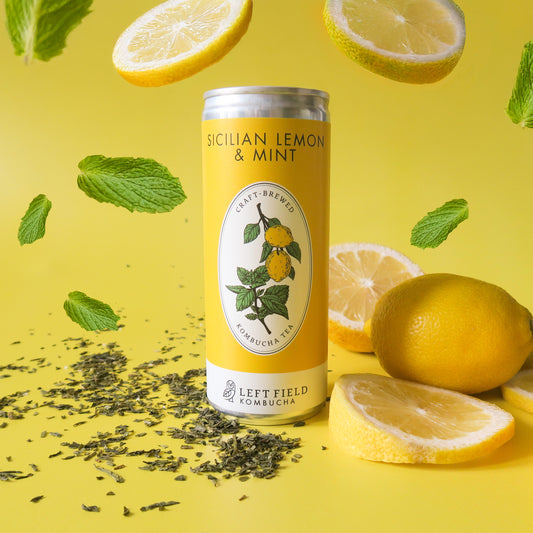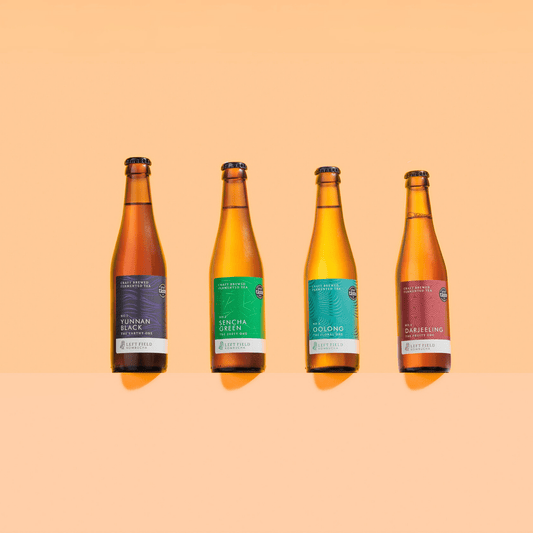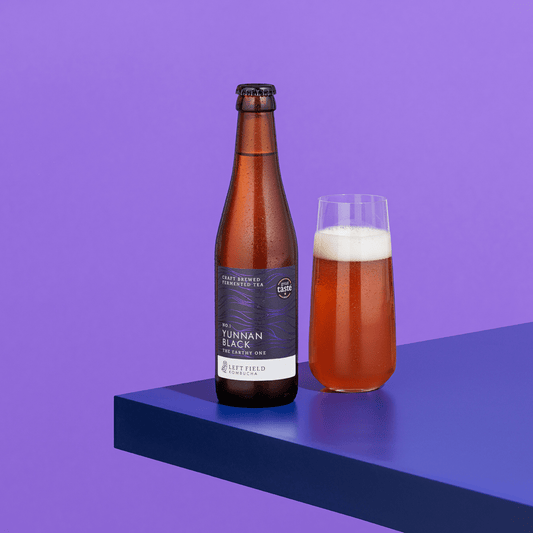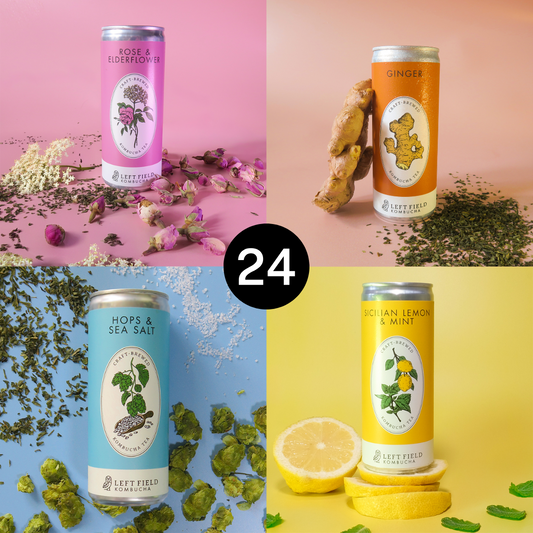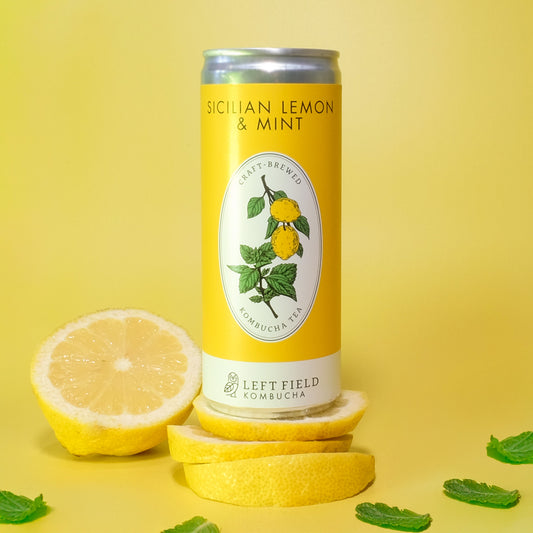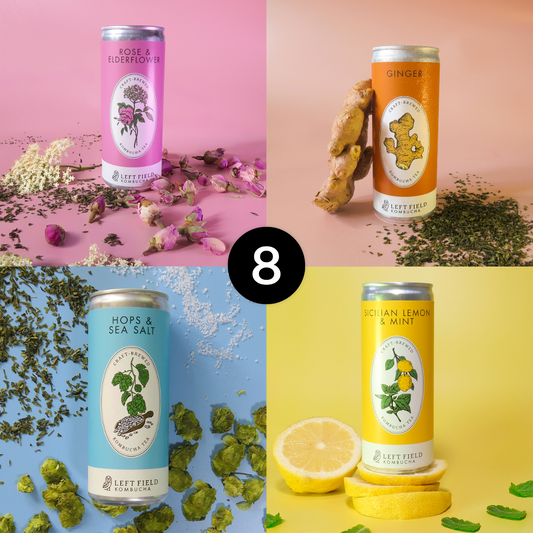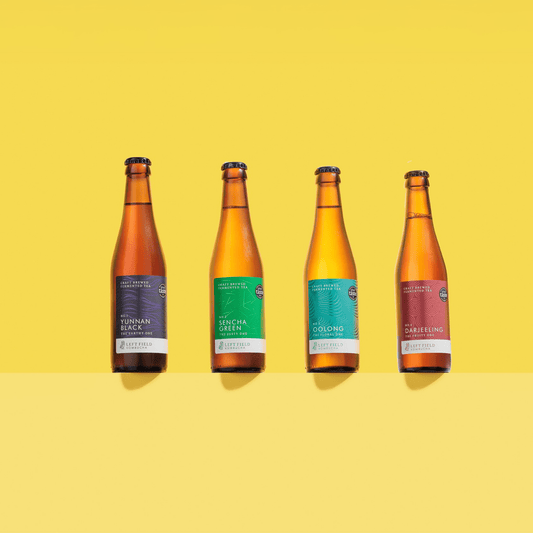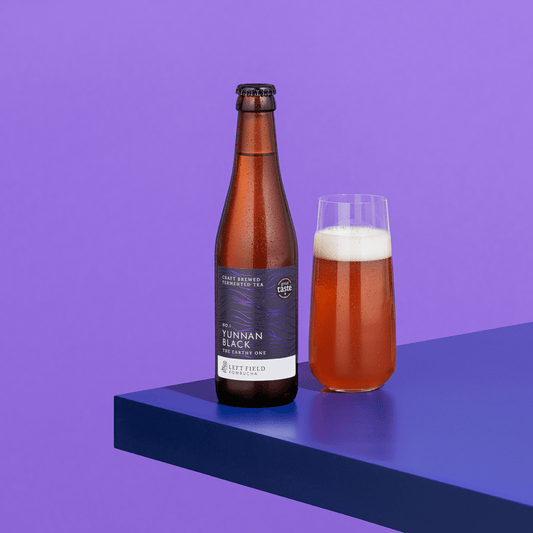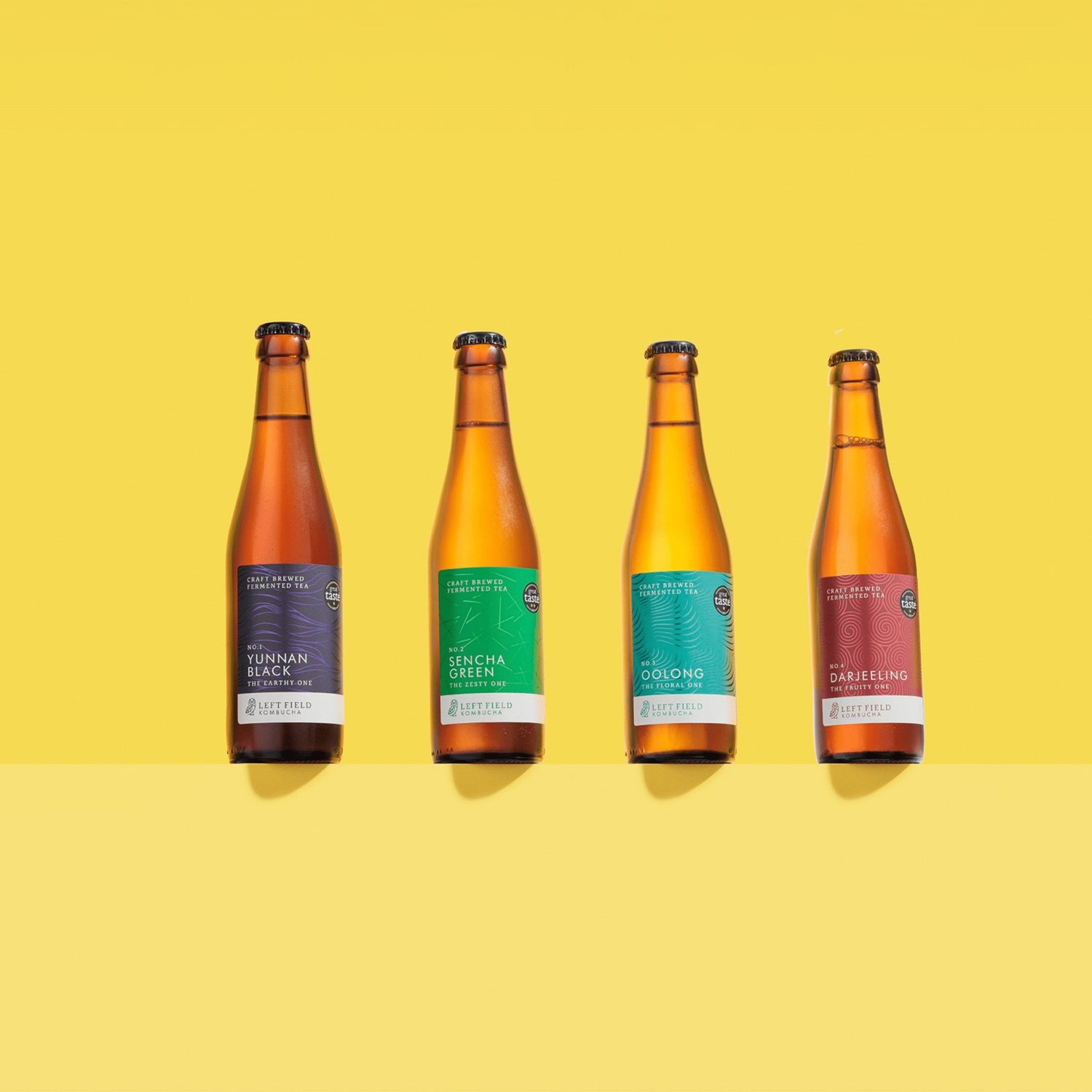Our caffeinated Kombucha products
-
Ginger Flavoured Kombucha
Regular price From £38.00 GBPRegular priceUnit price per -
No.1 Yunnan Black Kombucha Tea
Regular price From £39.60 GBPRegular priceUnit price per -
No.2 Sencha Green Kombucha Tea
Regular price From £39.60 GBPRegular priceUnit price per -
No.3 Oolong Kombucha Tea
Regular price From £39.60 GBPRegular priceUnit price per -
No.4 Darjeeling Kombucha Tea
Regular price From £39.60 GBPRegular priceUnit price per -
Rose & Elderflower Flavoured Kombucha
Regular price From £38.00 GBPRegular priceUnit price per -
Sea Salt & Hops
Regular price From £38.00 GBPRegular priceUnit price per -
Sicilian Lemon & Mint
Regular price From £38.00 GBPRegular priceUnit price per -
Taster Pack (8 bottles)
Regular price £26.40 GBPRegular priceUnit price per -
The Flavoured Mixed Case (24 Cans)
Regular price £76.00 GBPRegular priceUnit price per -
The Flavoured Taster Pack (8 Cans)
Regular price £25.35 GBPRegular priceUnit price per -
The Mixed Case (24 bottles)
Regular price £79.20 GBPRegular priceUnit price per
Frequently Asked Questions
-
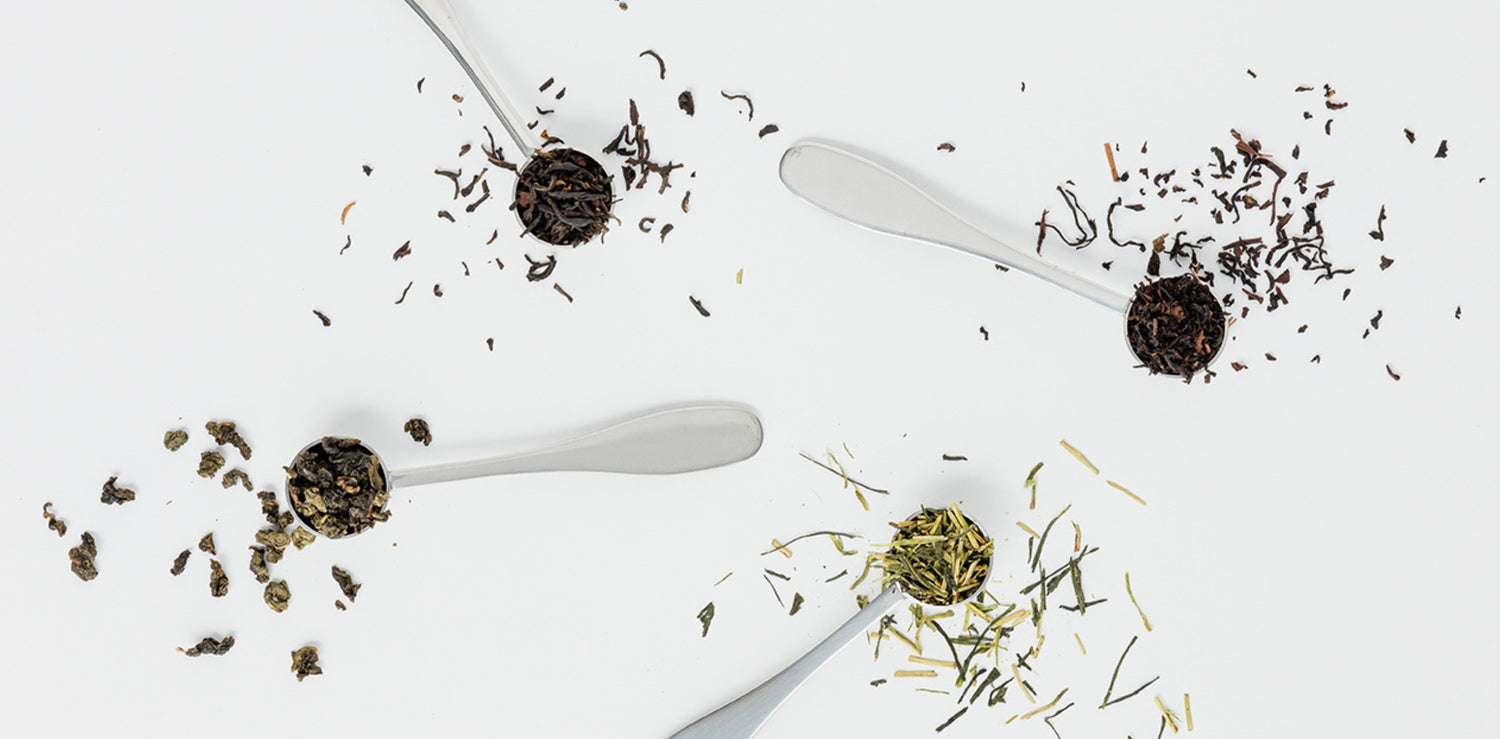
PREMIUM LOOSE LEAF TEA
So if you’re looking to buy premium tea online, you're not just...


